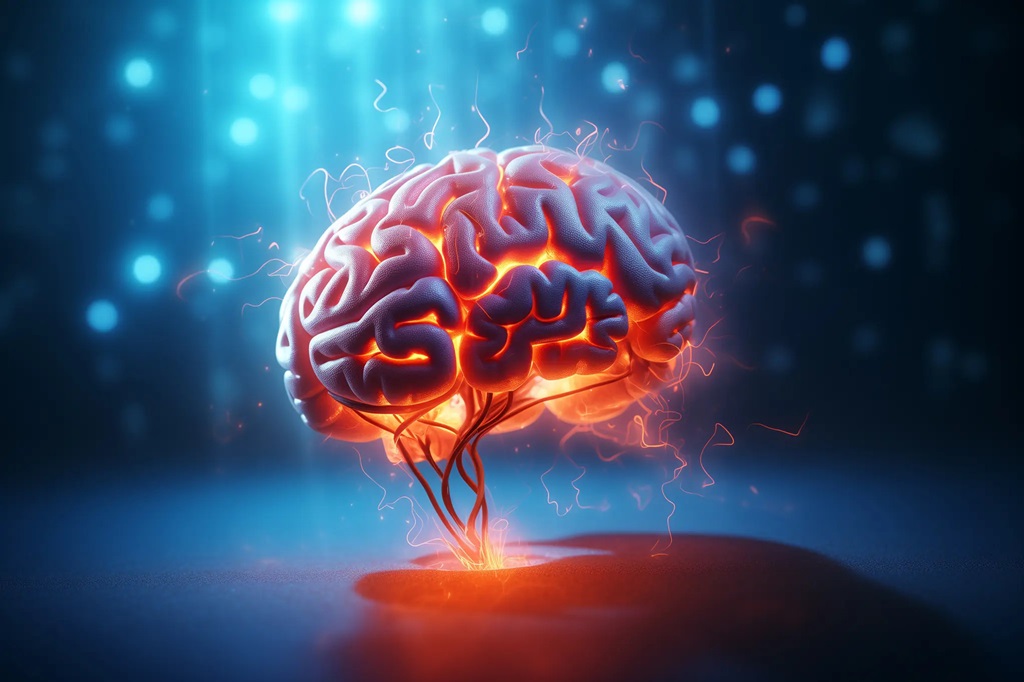Why Sleep Matters: The Link Between Rest and Mental Health

Shoulder Pads: Finding the Perfect Fit for Your Body Type
September 5, 2024Mediation Types
September 18, 2024In today’s fast-paced world, the importance of sleep often takes a backseat to work, social commitments, and even entertainment. However, neglecting this vital biological function can have far-reaching consequences, particularly for our mental health. While the connection between sleep and physical health is well-established, the profound impact of rest on our emotional and psychological well-being is often overlooked. This article delves into the intricate relationship between sleep and mental health, exploring how quality rest can bolster resilience, emotional regulation, and overall cognitive function.
Table of Contents
ToggleSleep and Mental Health: An Overview
Sleep is not merely a passive state of unconsciousness; it is an active period of restoration and rejuvenation for both the body and the mind. During sleep, the brain undergoes a series of complex processes, including memory consolidation, detoxification, and hormone regulation. Disruptions to these processes, caused by inadequate or poor-quality sleep, can trigger a cascade of negative effects on mental health.
Research has consistently demonstrated a strong correlation between sleep deprivation and an increased risk of mental health disorders, including depression, anxiety, bipolar disorder, and even suicidal ideation. Conversely, prioritizing healthy sleep habits has been linked to improved mood, emotional stability, and cognitive function.
The Role of Sleep in Emotional Regulation
One of the most crucial functions of sleep is its role in emotional regulation. During sleep, the brain processes emotional experiences, helping us to make sense of our feelings and regulate our responses to them. When we are sleep-deprived, this process is disrupted, leading to heightened emotional reactivity and an increased susceptibility to negative emotions like anger, sadness, and anxiety.
Studies have shown that even a single night of sleep deprivation can significantly impair our ability to regulate emotions. This can manifest in a variety of ways, from increased irritability and mood swings to difficulty coping with stress and setbacks. Over time, chronic sleep deprivation can erode our emotional resilience, making us more vulnerable to developing mental health disorders.
Related: Four Ways to Get a Better Night’s Sleep
Sleep and Cognitive Function

Sleep also plays a critical role in cognitive function, impacting our ability to learn, remember, and make decisions. During sleep, the brain consolidates memories, transferring information from short-term to long-term storage. This process is essential for learning and retaining new knowledge. When we are sleep-deprived, memory consolidation is impaired, leading to difficulties with concentration, focus, and problem-solving.
Furthermore, sleep deprivation can negatively impact other cognitive functions, including attention, decision-making, and creativity. This can have significant consequences for our work, relationships, and overall quality of life. On the other hand, engaging in activities like gardening has been shown to improve mental health and well-being; for more information, you can explore how gardening enhances mental health at https://bereviewers.com/home-and-garden/how-can-gardening-improve-mental-health-and-well-being/.
The Importance of Sleep Hygiene
Given the profound impact of sleep on mental health, prioritizing healthy sleep habits is essential for maintaining emotional well-being and cognitive function. Establishing good sleep hygiene involves creating a consistent sleep schedule, optimizing your sleep environment, and avoiding behaviors that can interfere with sleep, such as consuming caffeine or alcohol before bed or using electronic devices in the hours leading up to sleep.
In addition to these general guidelines, individuals struggling with mental health conditions may benefit from additional strategies, such as relaxation techniques or cognitive behavioral therapy for insomnia (CBT-I). It is also crucial to address any underlying medical or psychological conditions that may be contributing to sleep difficulties.
Related: Sleep cycle: what stages and how they work
Conclusion
The link between sleep and mental health is undeniable. Quality rest is essential for emotional regulation, cognitive function, and overall well-being. By prioritizing healthy sleep habits and seeking professional help when needed. We can bolster our mental health and cultivate a more resilient, balanced, and fulfilling life.
Remember, sleep is not a luxury; it is a necessity for both physical and mental health. Invest in your sleep, and your mind will thank you.



